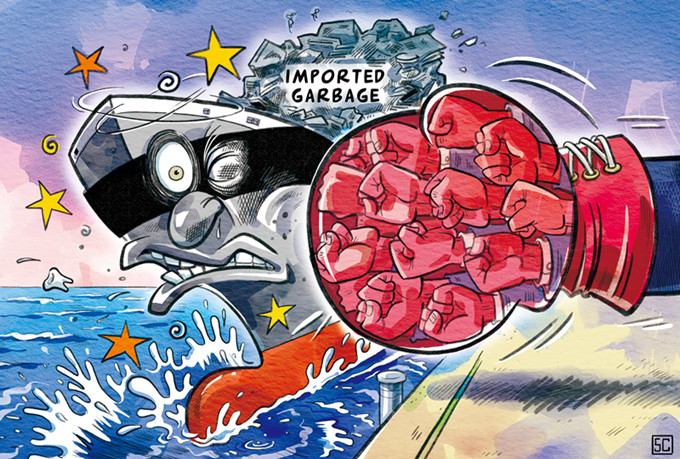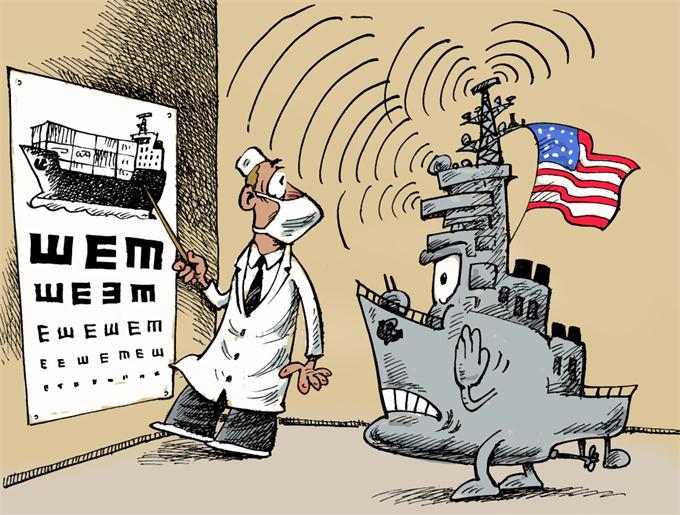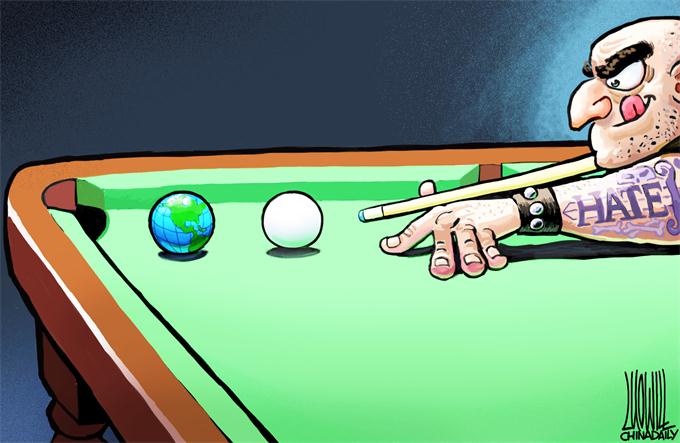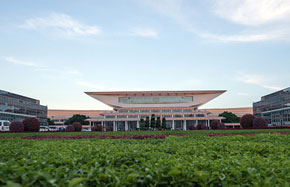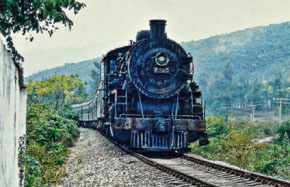Are bomb shelters the only option to escape a nuclear war?
US President Donald Trump warned on Tuesday that "all options" are again on the table after Pyongyang tested a ballistic missile, this time a rare firing of a projectile over Japan.
The new missile test has triggered consternation on the ground, causing sirens to blare in Japanese towns, stocks to dip on Wall Street, and diplomats from Seoul and Beijing to Moscow to call for either further sanctions or more restraints.
But what can the average citizen do under the apocalyptic threat of a missile or nuclear war? Among a myriad of answers, the headline of a news story caught my attention: "Bomb shelter business booms as Trump and North Korea posture".
The escalation of tensions on the Korean Peninsula has raised the specter of a nuclear attack, which has given rise to the bomb shelter business in the US and elsewhere, according to a report from McClatchy new agency in Washington.
Ron Hubbard, president of Atlas Survival Shelters in Montebello, California, which produces what it touts as the "only bunkers tested against the effects of a nuclear bomb", said he expects to sell at least"1,000 big bomb shelters and tornado shelters combined" this year compared with 10 bomb shelters in 2011.
"The rise in shelters (sales and inquires) has increased in both America and Japan", Hubbard said on Tuesday, adding that there were no customers in China but a few inquiries from the Republic of Korea.
Another company, Rising S Bunkers in Murchison, Texas, has sold 67 bomb shelters this year, mostly to Japan, compared with just nine in 2016, according to the McClatchy report on Sunday.
Hubbard may be right to claim that "shelters are the only solution to the crisis and there is nothing else a person can do except taking shelter if a bomb comes in". But the question is not only how many people can afford the luxury, or how many such bunkers would be enough.
The root cause of the current war rhetoric of the leaderships, the panic among the masses, and the impulse for some to own a shelter, is that we have seen a cycle of endless nuclear tests, missile launches and military drills.
Each party has its own legitimate security concerns. Pyongyang vows to never give up its weapons programs, or take "tough counter-measures" against hostility from the United States and its allies, particularly the ongoing annual US-ROK military drills.
On Tuesday, US ambassador to the United Nations Nikki Haley said that "enough is enough", while Russia's ambassador to the UN Vassily Nebenzia said: "It's troubling, because tensions are high and whose nerves are stronger, we don't know."
Beijing has proposed "dual suspension"-Pyongyang suspends its nuclear and missile activities and the US and the ROK suspend their big military drills. The proposal accommodates the legitimate security concerns of all parties, serves to draw them back to the negotiating table and seek a balanced resolution, while ensuring long-term peace and stability on the peninsula.
The Chinese initiative should, therefore, be taken seriously by all parties.
Hours after Pyongyang test-fired the latest missile test, Foreign Ministry spokesperson Hua Chunying said at a regular news briefing: "I suggest you think about the scenario when China calls for restraint, calmness and dialogue, while directly concerned parties keep conducting military exercises and ratcheting up military pressure, against the background of flying missiles launched by another party."
"Then, who should take the blame and who should do more?" Hua asked.
The US is now grappling with and recovering from the devastating effects of Hurricane Harvey, which killed at least 11 people and paralyzed Houston. The fourth most-populous US city has opened more megashelters to house flooded families.
Let's forget the bomb shelters for now, and go all out to prevent man-made disasters.
The author is deputy editor-in-chief of China Daily USA. [email protected]







